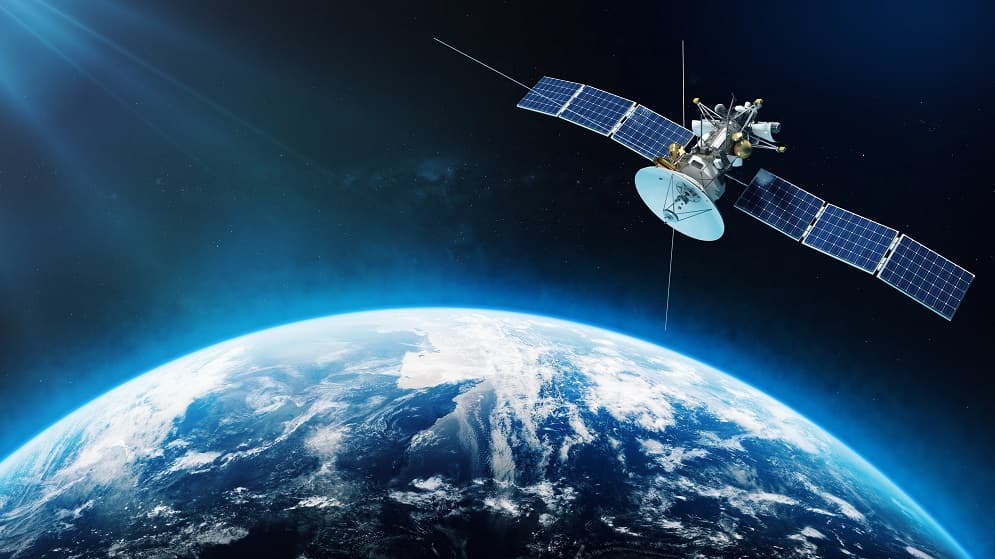Survey: Majority unaware of space-related benefits
July 5, 2022
By Chris Forrester

An Inmarsat survey of 20,000 people from 11 countries around the planet found that the majority were unaware of the ground-breaking events happening in space. Some 97 per cent saw space only as a problem area and a threat from space junk and pollution.
Indeed, one in nine of those questioned were said to be “terrified” of what could happen in space – just one in three were exited or hopeful as to the potential.
“Younger generations associate space more with science-fiction than science – and they’re considerably more concerned and nervous about the impact of space on our lives,” says the Inmarsat report. “However, older generations (who grew up during the first Space Age) are much more hopeful and optimistic about what space brings to life on Earth.”
Former astronaut Scott Kelly (who spent a year on the Space Station as Commander in 2015-2016), in his Foreword comments on the report, said: “36 per cent of respondents saying they don’t view communication satellites as essential may be due to a lack of awareness. People may not realise how the voice and data they rely on comes from satellites. How they navigate in their cars, planes, etc., relies on space technologies. Even when they use an ATM, the timing signal comes from a GPS satellite. If we eliminated this technology, people would notice very quickly.”
He adds: “23 per cent of people agreeing that space exploration is important is a low number, considering the value we get from space exploration. There are a lot more critical issues for people to consider than space: healthcare, economic security, national security, to name a few. But space exploration has a direct impact on all those public policy areas.”
Kelly then reminded: “First of all, we are explorers. It is that exploration DNA that drove us out of the caves, over the mountains and across the sea, and eventually into space. Long term survival of a species depends on its ability to grow and advance. To do that, you can’t be afraid to venture out into the unknown. Second, space exploration is the hardest thing we do. The extremes of the environment and the technology we need to survive and thrive, is the technology that also improves our lives here on Earth. Areas like computing power, satellite communication, GPS technology and even health care advances were accomplished initially to support our efforts in space. Space also allows us to better study and understand our home planet so we can be better stewards of Earth. It also gives us perspective on humanity when you look at the planet without political borders and with a thin and fragile atmosphere. To see Earth hanging there against the black void of space makes us want to take care of our home even more.”
“I would agree with the global average numbers assessing the threats of Space exploration in general. Orbital debris and collisions in space could be and, in fact, is a big risk. If this problem is not mitigated, we could someday end up in a situation where certain orbits become unusable and that would have an impact on the quality of life on Earth because the limits it would place on the space technology we have come to rely on in our daily lives,” he concluded.
The report is claimed to be the largest independent global representative consumer survey of attitudes towards space included 20,000 respondents (18-65+ years of age) across the UK (3,000), US (2,000), Brazil (2,000), Canada (2,000), Germany (2,000), Australia (2,000), China (2,000), India (2,000), South Korea (1,000), Japan (1,000) and UAE (1,000). The study was conducted by Yonder Consulting in April 2022 on behalf of Inmarsat.
Inmarsat is in the process of being combined with Viasat. The deal is expected to close during the second half of 2022.
